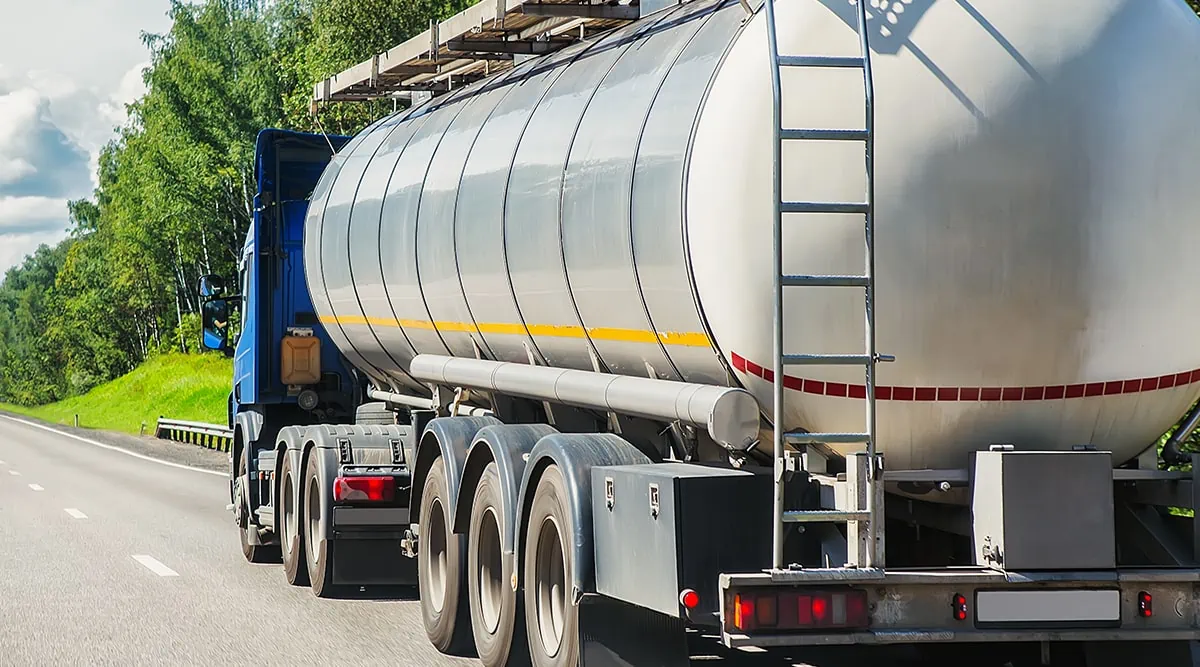The Definitive Guide to Reclaim Waste
The Definitive Guide to Reclaim Waste
Blog Article
The Best Strategy To Use For Reclaim Waste
Table of ContentsThe Ultimate Guide To Reclaim WasteFascination About Reclaim WasteThe Only Guide to Reclaim WasteHow Reclaim Waste can Save You Time, Stress, and Money.The 9-Second Trick For Reclaim Waste
Domestic sewer waste refers to the waste and products from a residential septic storage tank. The correct administration and disposal of domestic sewage waste call for liquid waste to be moved to a sewage therapy plant where the appropriate approaches and devices are used to cleanse and dispose of waste.
Industrial waste typically consists of potential hazards, such as combustible products or a blend of fluid and solid waste products, and calls for a much more innovative and in-depth disposal procedure. The disposal of commercial waste commonly involves the filtering of waste prior to transportation to guarantee safe and appropriate disposal. Hazardous waste is developed from by-products and drainage of commercial procedures and manufacturing.
This kind of waste can not make use of the exact same sewer monitoring transport or procedures as septic or commercial liquids. The hazardous waste monitoring process requires the assessment and screening of fluid waste prior to it goes through the disposal process (liquid waste removal). Runoff waste is the liquid waste that comes from runoff and excess stormwater in highly populated areas or cities
Runoff waste can create contamination and flooding if not taken care of effectively. Making certain proper waste management can protect against catastrophes and reduce ecological damage.
The Ultimate Guide To Reclaim Waste
Get in touch with PROS Providers today to learn more about our waste monitoring and disposal services and the correct methods to look after the liquid waste you generate.
(https://share.evernote.com/note/7e2c20e2-4e08-1523-1aa2-d06cf7e27761)Do you understand what happens to your water when you pull the plug, purge the bathroom or drain the cleaning maker? No? Well, it's worth recognizing. This supposed 'wastewater' is not just a vital source but, after therapy, will be launched to our land, rivers or the ocean. Made use of water from bathrooms, showers, bathrooms, cooking area sinks, washings and commercial processes is referred to as wastewater.

water utilized to cool down machinery or tidy plant and equipment). Stormwater, a form of wastewater, is drainage that flows from farming and city locations such as roofs, parks, gardens, roads, paths and gutters right into stormwater drains pipes, after rainfall. Stormwater flows untreated straight to neighborhood creeks or rivers, eventually getting to the ocean.
8 Simple Techniques For Reclaim Waste
In Queensland, a lot of wastewater is dealt with at sewer therapy plants. Wastewater is delivered from residential or commercial websites via a system of sewage systems and pump stations, known as sewerage reticulation, to a sewer therapy plant. City governments build, preserve and operate most sewer therapy plants. Operators are licensed under the Environmental Security Act 1994 to discharge cured wastewater at an appropriate environmental standard right into rivers.
The Department of Natural find this Resources advises city governments concerning handling, operating and maintaining sewerage systems and treatment plants. In unsewered areas, local federal governments might require owners to set up private or home sewage treatment systems to treat domestic wastewater from commodes, cooking areas, shower rooms and laundries. The Department of Natural Resources authorizes making use of household systems when they are confirmed to be efficient.
Most stormwater receives no therapy. In some new class, therapy of some stormwater to remove clutter, sand and crushed rock has begun making use of gross pollutant catches. Wastewater therapy occurs in 4 stages: Removes strong issue. Larger solids, such as plastics and various other items mistakenly released to sewers, are gotten rid of when wastewater is passed with displays.
Utilizes little living organisms knows as micro-organisms to damage down and get rid of remaining liquified wastes and fine particles. Micro-organisms and wastes are integrated in the sludge.
Excitement About Reclaim Waste
Nutrient elimination is not offered at all sewage treatment plants due to the fact that it calls for pricey specialized tools. Clear liquid effluent generated after therapy may still contain disease-causing micro-organisms - industrial wastewater treatment.

This usually suggests wastewater has actually to be dealt with or pollutants removed before it can be released to rivers. Many wastewater moves right into the sewerage system. Under the Act, neighborhood federal governments carry out authorizations and licences for environmentally relevant tasks (ERAs) entailing wastewater launches that might have a local impact. The department administers authorizations and licences to Ages including wastewater launches that could have a local or statewide influence.
Reclaim Waste Things To Know Before You Get This
Or else, samples are taken for lab evaluation. Typically many tests are needed to develop the degrees of each of the different contaminants such as oils, hefty steels and chemicals in water. Monitoring offers accurate info about water quality and can verify that permit problems are being fulfilled. The details obtained with tracking gives the basis for making water quality choices.
Report this page